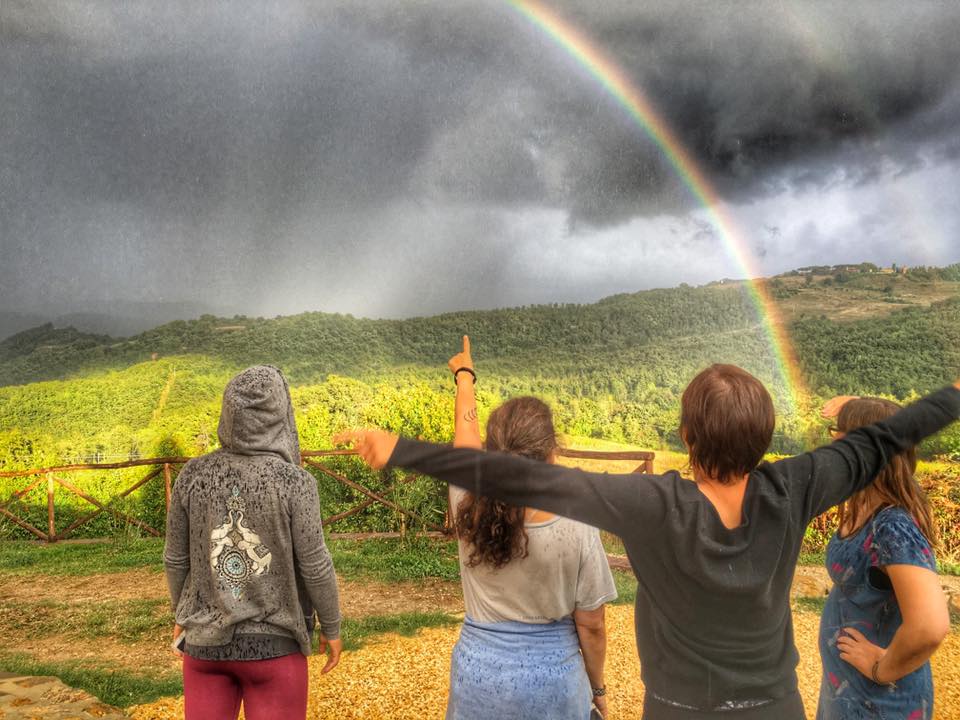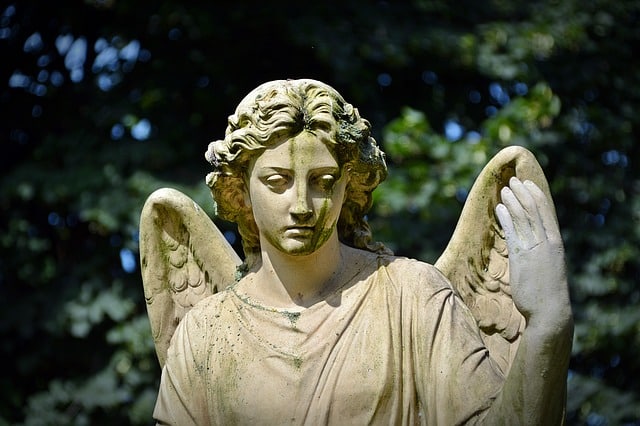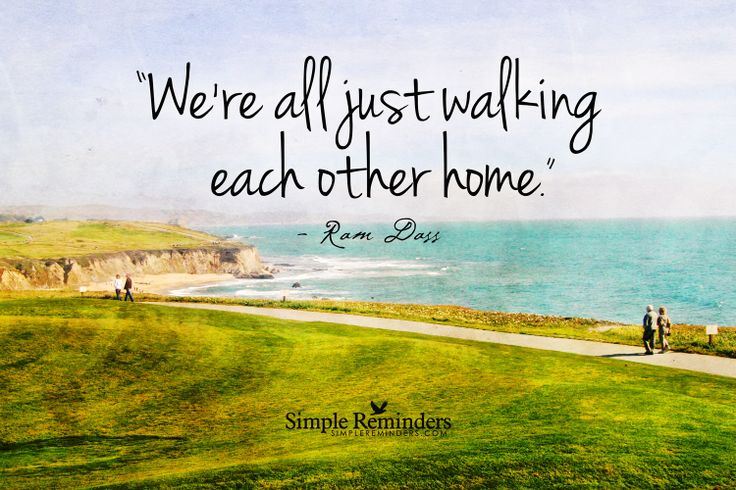By Larry Patten
Before meeting my new patient, I admired her Ford Mustang. The snazzy red convertible was parked on the street, by her brother’s driveway.
The license plate frame declared: Fly Away!
While unsure if it was her car on that first visit, the frame’s message represented a solid clue. I knew she was a forty-something flight attendant.
This was years ago when I worked as a hospice chaplain and spent considerable time driving to see my patients. Most of them resided in their home or with a family member. I probably visited the red Mustang’s owner on a half-dozen occasions. From our first awkward handshake to the final moments beside her hospital bed in her brother’s living room, our patient-chaplain relationship deepened. She learned to trust me. I certainly learned from her as she continued living and loving while cancer wrecked her body. Even at my last visit, her short gray-blonde hair was stylish. Her make-up, aided by her sister-in-law, was impeccable.
The red Mustang’s owner never spoke a word to me.
The cancer, seemingly everywhere by the end, had started in her throat. Long before entering hospice, she’d lost the ability to speak.
***
Nowadays, I spend hours at a different hospice on the phone. According to my lengthy title, I’m a Bereavement Support Specialist, involved in what other staff and volunteers in other hospices do: contacting family and friends after a loved one’s death. Part of a hospice’s mandated requirement is to support the grieving.
I make a bunch of calls every week.
When someone answers, I try to gauge how she or he is doing and make sure they know about our additional resources for grief support. On the phone, long minutes pass with me only muttering, “I see” or “Really.” I want them to know I’m paying attention, but don’t want to interrupt their stories, questions, or worries. Most calls are brief. A few of the hundreds of calls made every month cause me to feel that what I shared, or how I listened, helped someone find a smidgen of hope in their day.
Long ago, my parents said I had “the gift of gab.” By background I am a pastor and spent years preaching, striving to capture people’s attention for at least a portion of a twenty-minute sermon. In the churches I served, there was also endless phoning: cajoling folks to serve on committees, work with the youth, or teach Sunday school. So many phone calls, so many opportunities!
Though no longer preaching, I’m still talking.
I press the numbers on a phone and reach out to another wounded, fragile person. After asking if this is a good time for a chat, I fulfill the Medicare guidelines to comfort the grieving.
***
The red Mustang’s owner never said a word.
Our first encounter was awkward with a capital A. I was a stranger, the guy from hospice. I babbled. I struggled to find questions that allowed her to shake her head “No” or nod a “Yes.” Her doting brother, who’d convinced her to move in with his family when the disease made living alone impossible, hovered in the background. He didn’t want some fool of a chaplain to upset her. This was his little sister and only sibling. Her dying would crush him.
With each visit, I babbled less and posed easier questions.
We prayed.
We held hands.
We made lots of eye contact. There were stretches of silence. Initially, it felt uncomfortable. Eventually, the silence felt sacred.
She had a million dollar smile. She forgave my mistakes and fumbling questions. She never saw my tears . . . though after leaving, passing by her red convertible as it gathered more dust every week, I would weep.
She died less than two months after our first visit. Her brother buried her ashes in a cemetery with a view of the Pacific. “She loved the ocean more than flying,” he once said to me.
***
Professionally, I understand the value of words. Even a simple Uh-huh contains the power to gently remind a person that I am still listening to her or him.
But I also know silence’s power: touch, eye contact, shared smiles.
Some dread spending time with a loved one who is dying or grieving because they don’t know what to say. So I say, say nothing.
Enter the room. Enter into their day and let them know by a caress, a nod, a grin, or a tear, that you are there.
And so are they.
Larry Patten is a writer, a United Methodist minister and currently serves as a Bereavement Support Specialist at a hospice in Fresno, California. Larry has participated in the Squaw Valley Community of Writers, and is published locally in The Fresno Bee) as well as in national magazines like Spirituality and Health and The Christian Century. He can be found online at www.larrypatten.com (musings about faith) and www.hospice-matters.com (thoughts on dying, death, and grief).

Join The Manifestation Retreat: Manifesting Under The Tuscan Sun. Sep 30-October 7, 2017.. Email retreats@jenniferpastiloff.com or click the picture above.

Join Jen Pastiloff at her signature workshop in Atlanta at Form Yoga on Aug 26 by clicking the picture.







